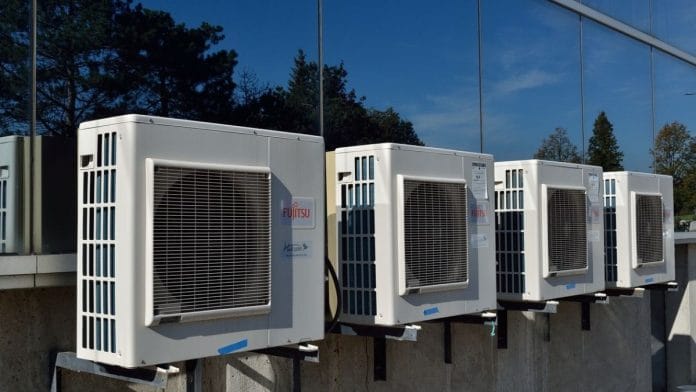New Delhi: The Union Cabinet Wednesday approved the ratification of the Kigali Amendment to the Montreal Protocol, a global pact seeking to control ozone-depleting substances, and has officially committed to phasing down hydrofluorocarbons (HFCs) by 2047.
The Kigali Amendment seeks to phase-down HFCs by cutting down on their production and consumption. While HFCs, which are commonly used in air conditioners and refrigerators, are not ozone-depleting substances, they are considered greenhouse gases that accelerate global warming.
India along with 169 other countries had agreed to cut down on these gases to reduce emissions under the amendment on 28 October 2016.
In a statement Wednesday, the central government said that it will phase out most of its HFCs by 2047, which will happen in four steps.
“National strategy for phase down of Hydrofluorocarbons as per the applicable phase down schedule for India will be developed after required consultation with all the industry stakeholders by 2023,” read the statement.
The Cabinet said India would begin making additions to the Ozone Depleting Substances (Regulation and Control) Rules “to allow appropriate control of the production and consumption” of HFCs by mid-2024.
“India will complete its phase down of HFCs in 4 steps from 2032 onwards with cumulative reduction of 10% in 2032, 20% in 2037, 30% in 2042 and 80% in 2047,” the statement added.
Also read: Prepare for extreme weather events, reduce emissions — IPCC report author has warning for India
The Montreal Protocol
The Montreal Protocol on Substances that Deplete the Ozone Layer, known as the Montreal Protocol, was first adopted in 1987 and sought to regulate 100 man-made chemicals referred to as “ozone depleting substances” (ODS). India became a party to the protocol in 1992.
The treaty is designed differently for developing and developed countries who “have equal but differentiated responsibilities” when it comes to phasing out ODS like hydrochlorofluorocarbons (HCFCs) and chlorofluorocarbons (CFCs), which were commonly used in refrigerators and air conditioners. They were replaced by HFCs, since they are not ozone-depleting, and yet the emissions contribute to climate change.
According to the United Nations Environment Programme, “Parties to the Protocol have phased out 98% of ODS globally compared to 1990 levels.”
Also read: At UN climate meet, alliance co-founded by India hopes to realise dream of a global solar grid






